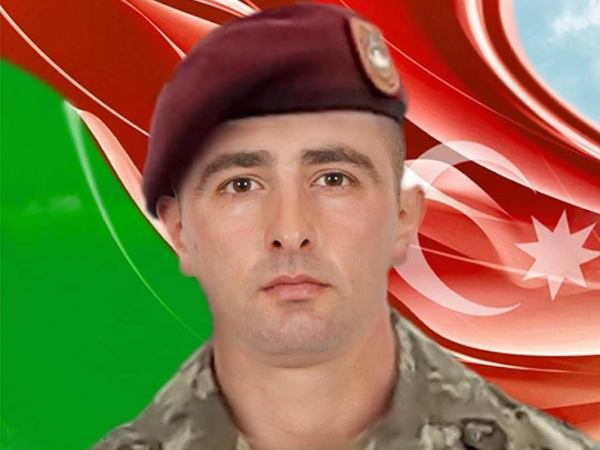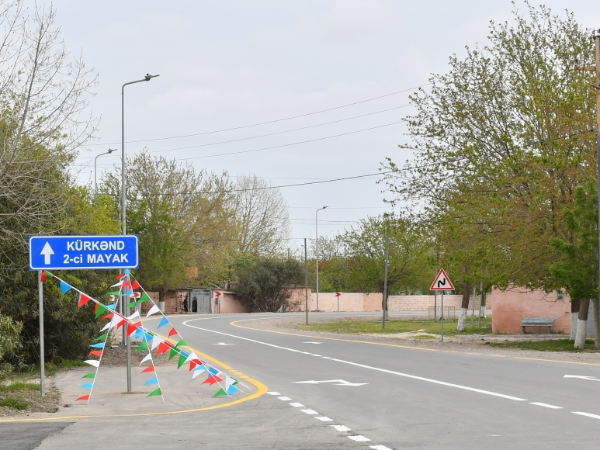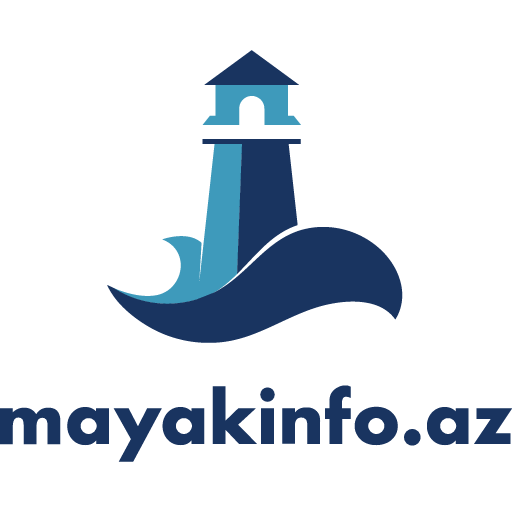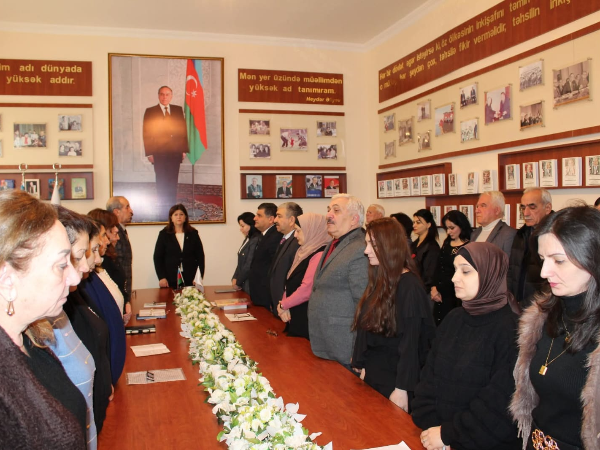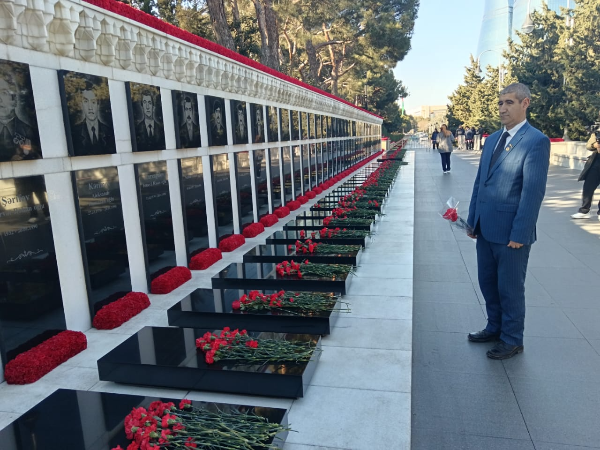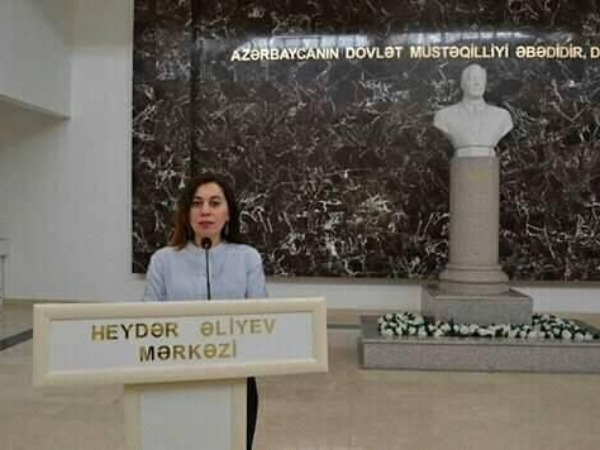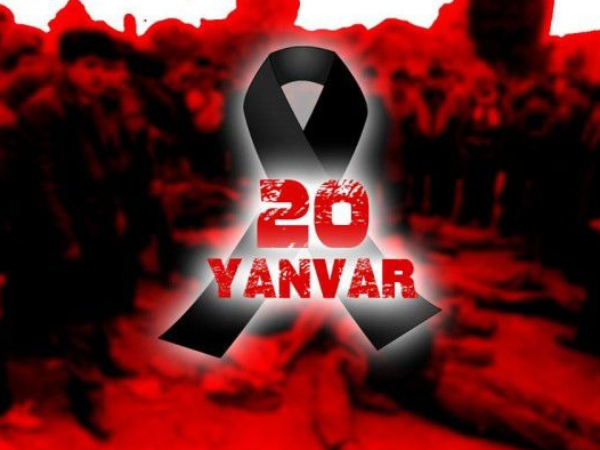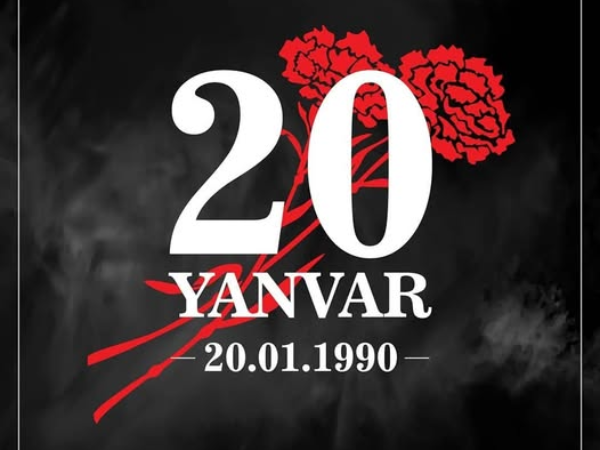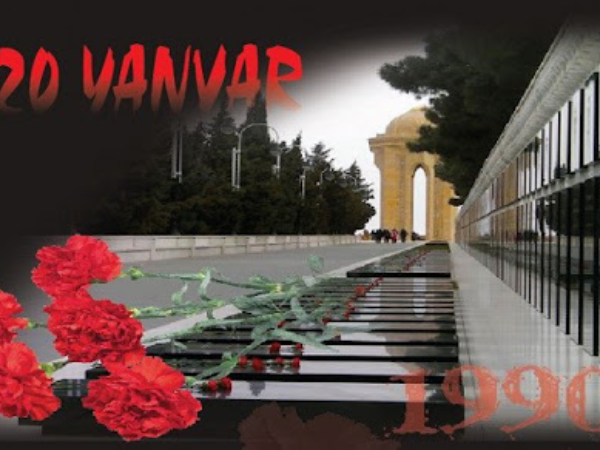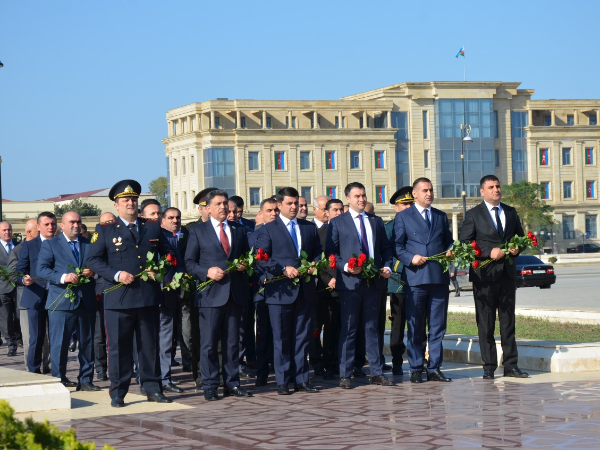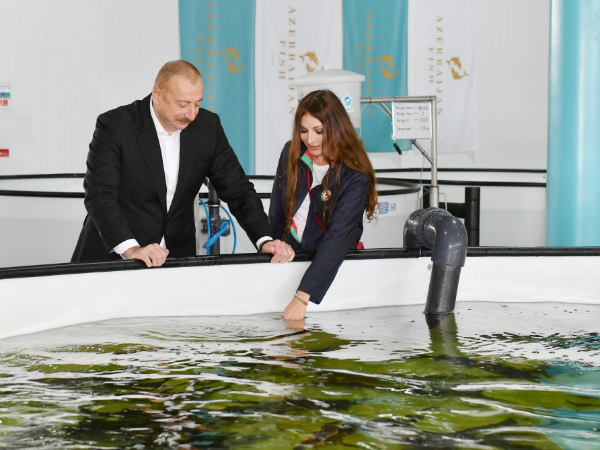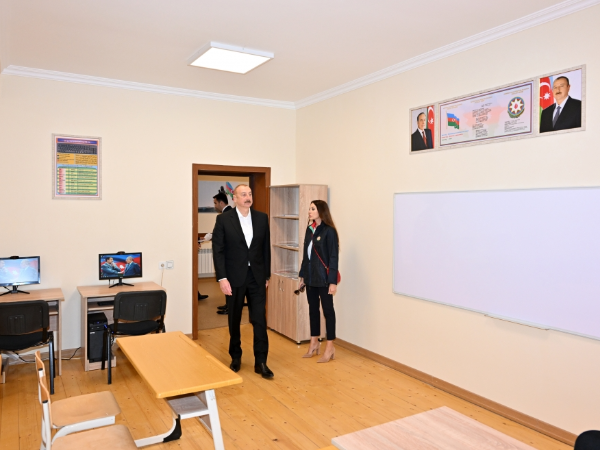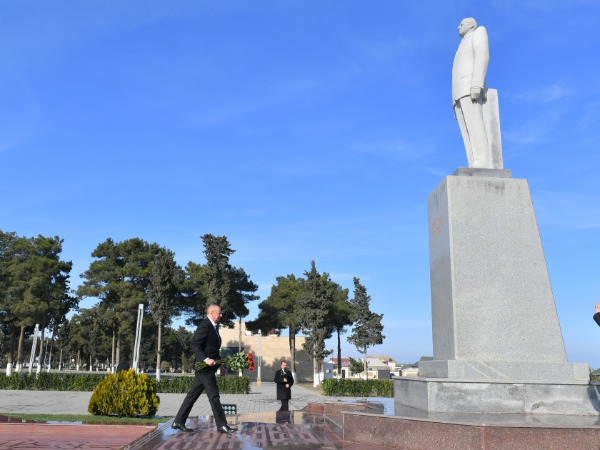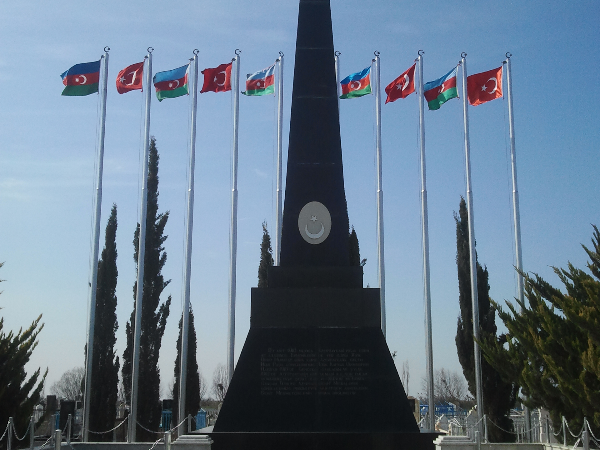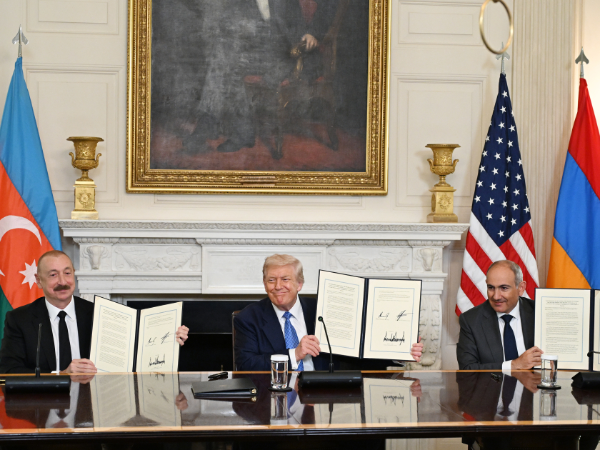Our Tricolor Flag Now Flies Across the Entire Territory of Azerbaijan

The
tricolor state flag adopted during the period of the Azerbaijan Democratic
Republic symbolized the triumph of our nation’s self-awareness, statehood
thinking, and aspiration for freedom.
On
November 9, 1918, by the decision of the Government of the Republic, the State
Flag of Azerbaijan was approved — and that date was forever inscribed in our
national history.
The flag consists of
blue, red, and green colors.
• The blue color represents our Turkic
origin,
• the red color stands for modernity and
progress,
• the green color symbolizes our
connection to Islamic culture.
At the
center of the flag are a white crescent and an eight-pointed star, reflecting
the national and spiritual values of our people and the symbols of our
statehood.
Unfortunately,
the life of the Azerbaijan Democratic Republic was short-lived. On April 28,
1920, as a result of the Bolshevik invasion, our tricolor flag was lowered, and
our independent state was overthrown.
However,
the Azerbaijani people never forgot the moral value of this flag — they
preserved it in their hearts as a sacred symbol of independence.
Despite
seventy years of Soviet rule, the aspiration for freedom never faded in
Azerbaijan. The national liberation movement that began in the late 1980s
reignited the flame of independence within our people’s hearts.
During
this period, National Leader Heydar Aliyev played a historic role in the
revival of the nation’s consciousness and statehood thinking.
On
November 17, 1990, under Heydar Aliyev’s leadership as Chairman of the Supreme
Assembly of the Nakhchivan Autonomous Republic, the tricolor flag was adopted
as the state flag of Nakhchivan.
In the
same decision, Heydar Aliyev proposed removing the words “Soviet Socialist”
from the name of the Azerbaijan SSR — a major political step toward the
establishment of an independent Azerbaijani state.
Subsequently,
the tricolor was officially recognized as the State Flag of the Republic of
Azerbaijan.
Thus, after
seventy years, our people were reunited with their national symbol.
With the
restoration of state independence in 1991, our tricolor flag began to wave
proudly across the entire country.
The
Constitution of the Republic of Azerbaijan defines the flag as one of the
state’s principal symbols, with its colors, emblems, and meaning enshrined in
Article 23.
Today, our
tricolor flag is the embodiment of Azerbaijan’s sovereignty, international
recognition, and national dignity.
It proudly
waves not only in Baku but also over our embassies in world capitals, at the
headquarters of international organizations, and in front of the United Nations
and the Council of Europe.
The worthy
successor of Heydar Aliyev’s political course, President Ilham Aliyev, treats
our state symbols — including the tricolor flag — with great respect and care.
On
November 17, 2009, at his initiative, the Decree on the Establishment of the
State Flag Day of the Republic of Azerbaijan was signed.
According
to this decree, November 9 is celebrated every year as State Flag Day.
By a decision of the
Milli Majlis (National Assembly) dated December 4, 2009, this date was
officially granted the status of a public holiday.
Furthermore,
in 2010, on the initiative of President Ilham Aliyev, the State Flag Square was
established in Baku, featuring one of the world’s tallest flagpoles.
At the
opening ceremony, President Ilham Aliyev expressed deep and meaningful words:
“The
Azerbaijani flag is a source of pride for every Azerbaijani. This flag embodies
our identity, our strength, our freedom, and our future.”
The fact
that today our tricolor flag waves over the liberated lands of Azerbaijan was
made possible by the sacrifice of thousands of heroic sons and daughters of the
Motherland.
The path
from the January 20 tragedy of 1990, through the First Karabakh War, to the
44-day Patriotic War, reflects the high price paid for the transformation of
this flag into a true symbol of freedom.
Under the
leadership of the Victorious Commander-in-Chief, President Ilham Aliyev, the
Azerbaijani Army defeated the enemy in the Patriotic War.
This
historic victory ended thirty years of longing — our tricolor flag now waves
proudly in Shusha, Aghdam, Fuzuli, Jabrayil, Gubadli, Zangilan, Lachin,
Kalbajar, and finally, in Khankendi.
On October
15, 2023, President Ilham Aliyev raised the Azerbaijani flag in Khankendi,
Khojaly, Khojavend, Aghdara, and Asgaran.
That day
became one of the most glorious pages in our history — our tricolor flag once
again soared over the skies of Karabakh.
The state
flag of Azerbaijan is not just a piece of cloth.
It carries
within it the spirit, pride, history, and future of a nation.
It reminds
us of our martyrs who sacrificed their lives for freedom and calls upon us to
unity, progress, and a bright independent future.
The flag
is a symbol of national solidarity.
Each time
it is raised at state ceremonies, schools, sports arenas, or international
events, it awakens in every Azerbaijani a deep sense of pride — the purest
expression of love for the Motherland.
State Flag
Day is not merely an official holiday — it is a day of moral pride and national
remembrance.
Every
color and every symbol of our tricolor flag speaks of our past, our present,
and our future.
The
Azerbaijani people have given thousands of lives for the honor of this sacred
flag — and they will never forget its value.
As
National Leader Heydar Aliyev said:
“The
Azerbaijani flag is the symbol of the Azerbaijani state and its independence.
To hold it high, to protect it, and to ensure it always flies above is the
sacred duty of every Azerbaijani.”
Today,
wherever our tricolor flag waves — in Shusha, Khankendi, Nakhchivan, Baku, or
in any corner of the world — the voice, spirit, and greatness of Azerbaijan can
be felt.
Bayram
Khudayarov
Researcher
at the Physics Institute of the Ministry of Science and Education,
Founder
and admin of the Facebook group
"Followers of the Heydar Aliyev school", Active member of the New
Azerbaijan Party
Digər xəbərlər
